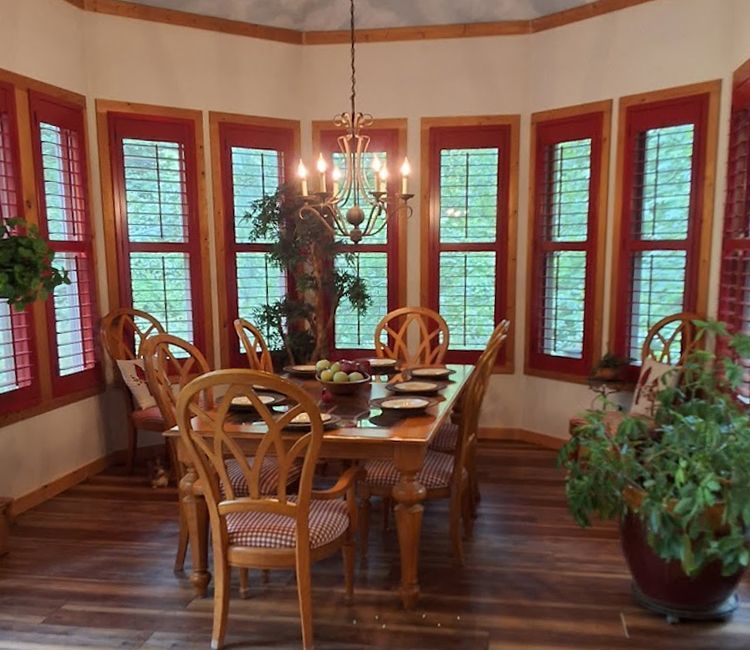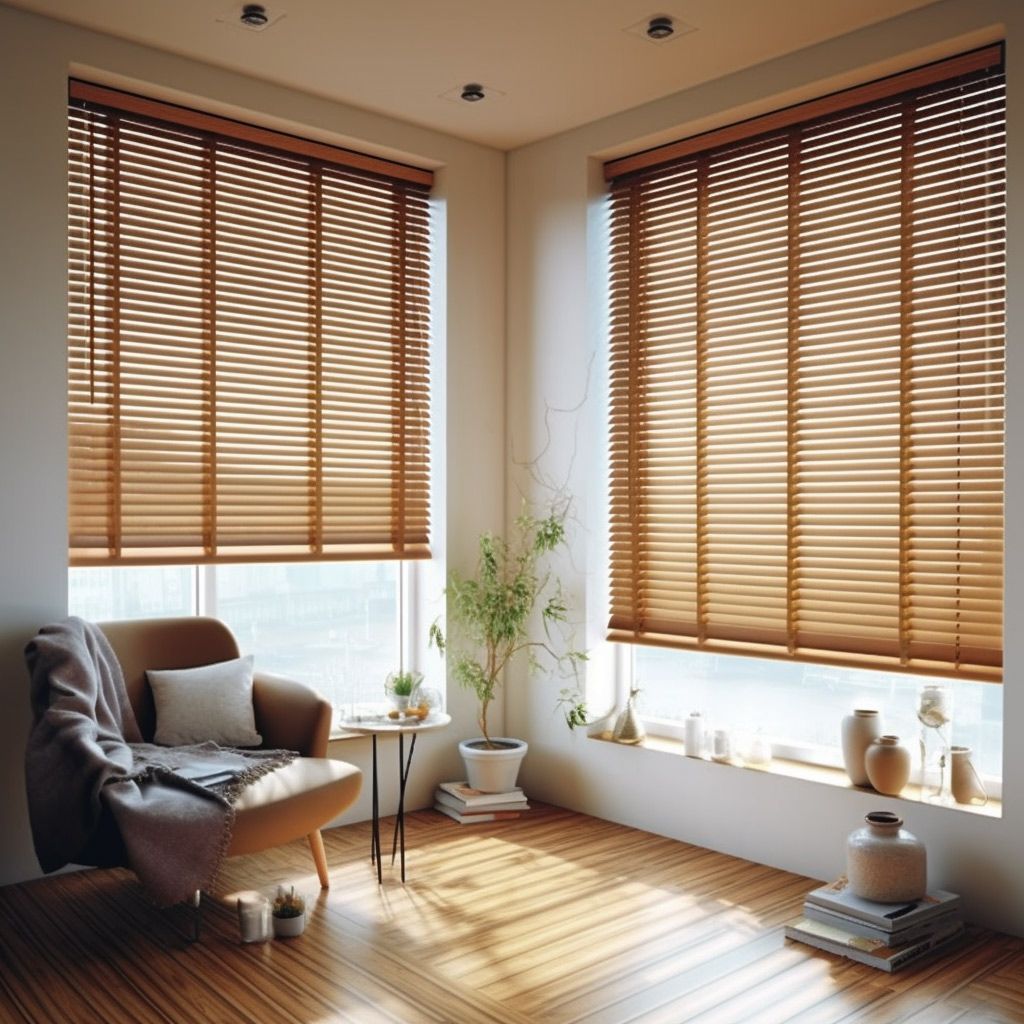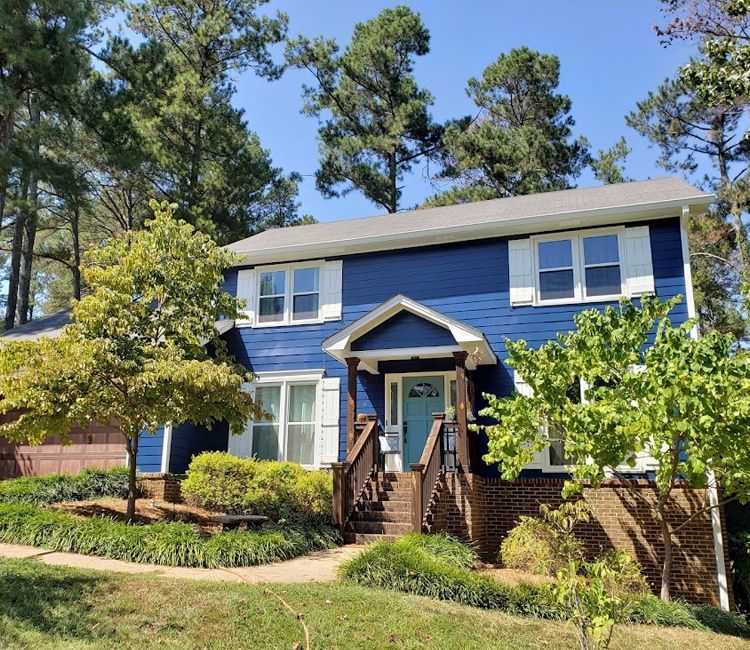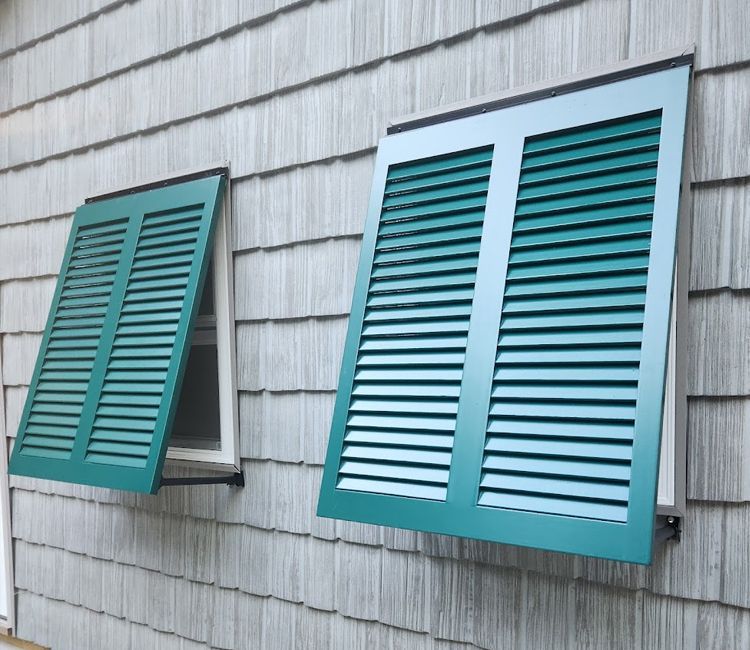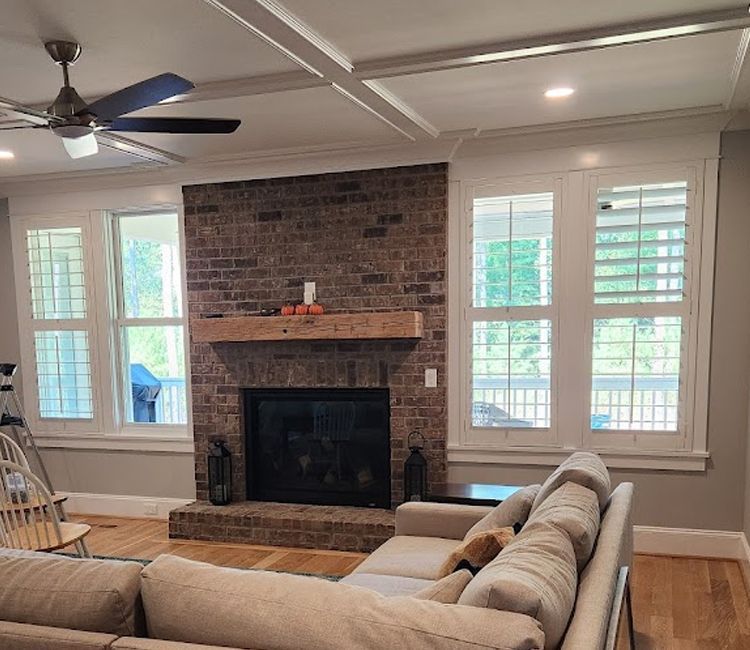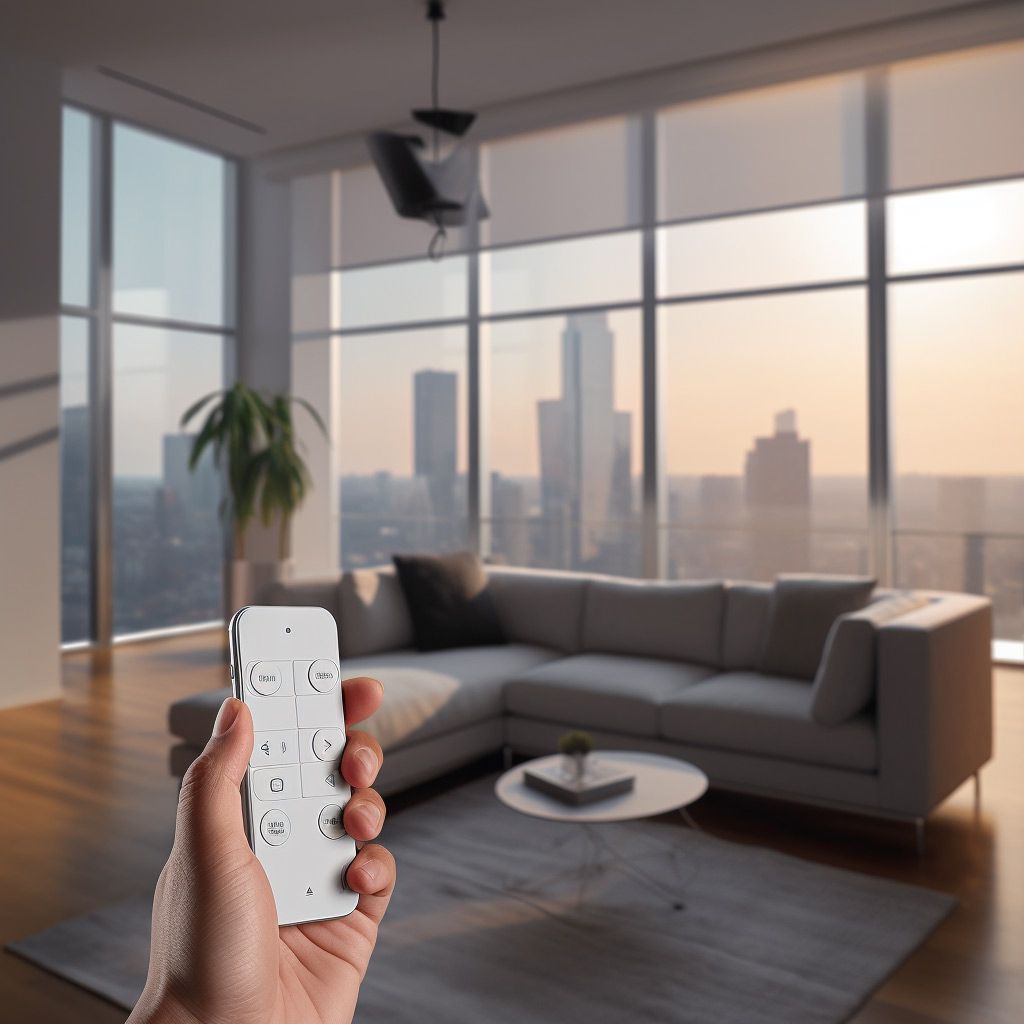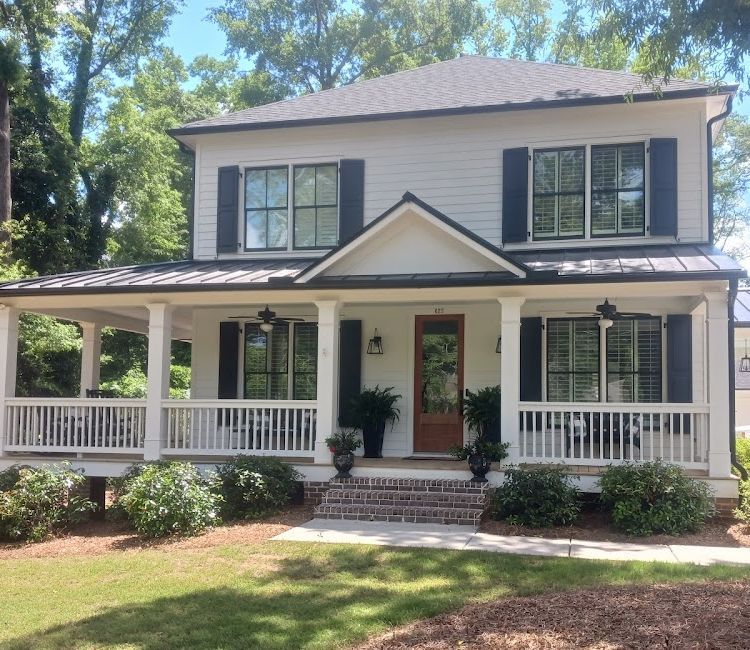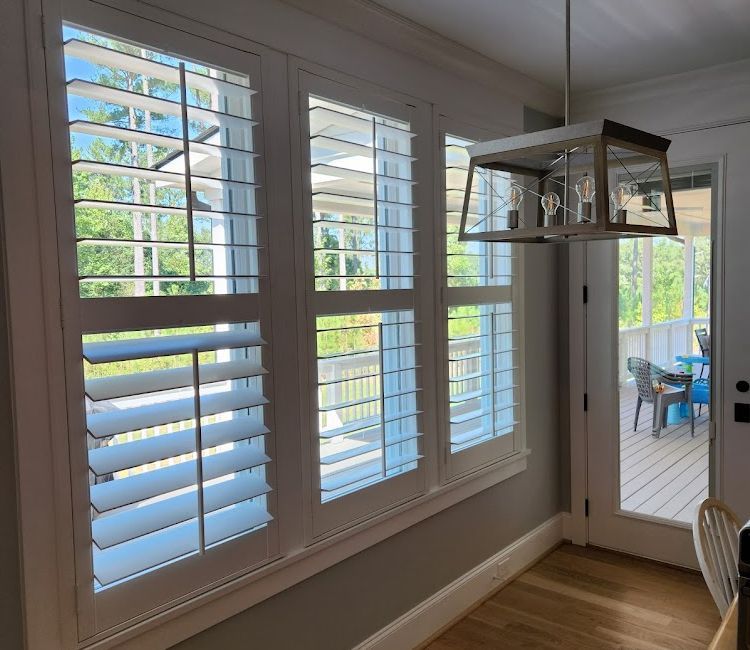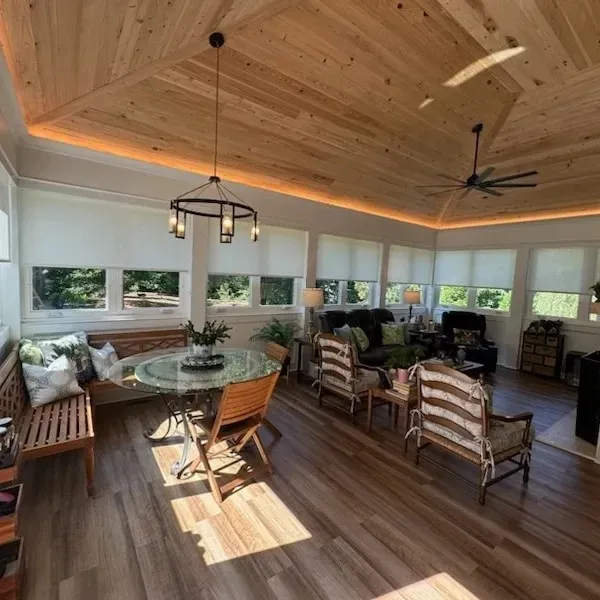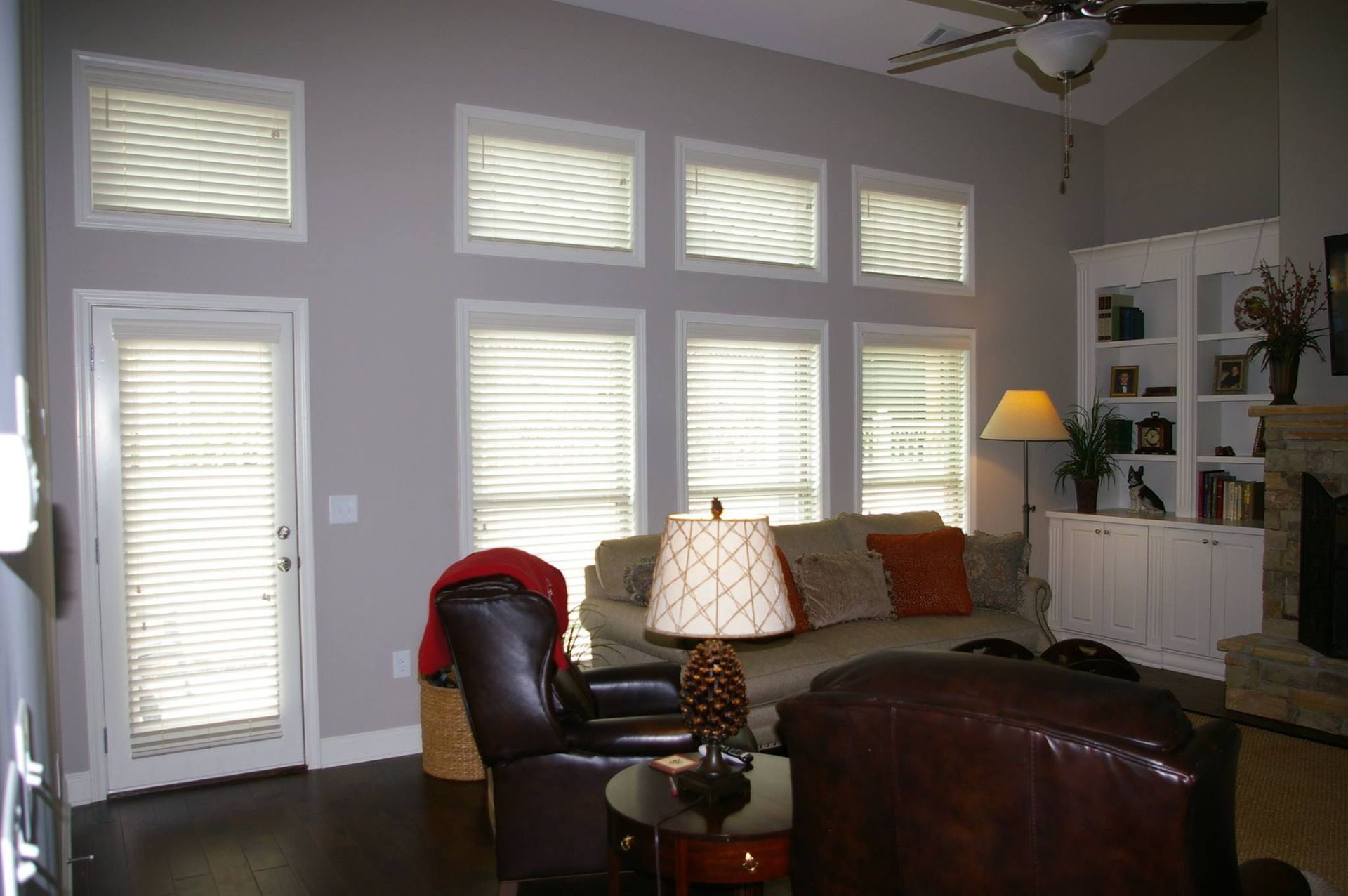How Window Treatments Can Help Reduce Allergens in Your Athens Home
Imagine stepping into your living room on a spring morning in Athens. The breeze smells fresh, but your throat itches, your eyes water, and you reach for an antihistamine. Outside, pollen is floating in. Inside—unnoticed—dust, pet dander, and mold spores settle on surfaces, including your window coverings.
If you suffer from allergies, the wrong blinds or drapes may be silently worsening the problem. But smart, well-chosen
window treatments can help cut down allergens indoors—either by resisting accumulation or by making cleaning easier.
In this article, you’ll learn which types of shutters, blinds, or shades work best, how to maintain them to minimize allergen buildup, and how your choices can make your Athens home healthier and more comfortable.
Why Window Treatments Matter for Allergens
Allergens accumulate easily on soft furnishings and surfaces throughout your home. Window coverings are one of the most overlooked areas when it comes to dust and pollen control.
How Allergens Accumulate
Before diving into solutions, it’s important to understand how allergens collect on window treatments:
- Fabric drapes, pleated shades, and loosely woven curtains trap dust, pollen, pet dander, and spores in their folds and fibers.
- Humidity, common in Georgia, encourages mold and mildew on porous surfaces.
- Pets and HVAC systems circulate airborne particles that settle on blinds and shutters.
- Frequent touching or adjusting blinds can release allergens back into the air.
What Makes a Window Treatment Allergy-Friendly
An allergy-friendly window treatment is designed to resist dust buildup and make cleaning effortless. Look for:
- Smooth, non-porous surfaces such as faux wood or sealed wood.
- Minimal folds or slats that trap fewer particles.
- Materials that can be easily wiped or vacuumed.
- Moisture-resistant finishes that deter mold.
- Tight-fitting designs that limit pollen infiltration.
How to Choose and Maintain Allergy-Friendly Window Treatments
A healthy home starts with intentional design decisions. Use the following guide to choose the right materials and care routines for your Athens home.
Step 1: Assess Your Home’s Environment
Every home is different, so start by evaluating your specific needs:
- Are you surrounded by trees or high-pollen areas?
- Do you have pets that shed frequently?
- Which rooms hold more humidity, such as kitchens or bathrooms?
- Which windows face outdoor pollen sources like gardens or fields?
Step 2: Choose the Right Style and Material
Not all window treatments are equal when it comes to allergy prevention. Here are some general principles to guide your decision:
- Plantation shutters made of sealed or painted wood resist dust and are easy to wipe clean.
- Faux wood blinds are non-porous and durable, ideal for humid climates.
- Roller shades have flat surfaces with minimal folds, perfect for allergy-prone households.
- Avoid heavy drapes or layered curtains unless they are washable and cleaned frequently.
Step 3: Consider Motorized Options
Motorized or automated window treatments reduce the need for manual handling. This minimizes the release of dust into the air and allows you to schedule openings and closings during low-pollen hours—especially useful during Georgia’s spring bloom.
Step 4: Maintain a Consistent Cleaning Routine
Regular maintenance is key to reducing allergens long-term. Here’s how to keep your window coverings clean:
- Wipe shutters and blinds weekly using a microfiber or damp cloth.
- Vacuum with a soft brush attachment to remove fine dust.
- Avoid feather dusters—they redistribute allergens instead of removing them.
- Use mild, non-scented cleaning solutions safe for wood or composite finishes.
- Check for mold or mildew monthly, especially in humid rooms.
- Wash or launder any fabric coverings monthly or seasonally.
- Keep indoor humidity between 30–50% to discourage dust mites and mold growth.
FAQs
Are plantation shutters good for allergy sufferers?
Yes. Their smooth, solid surfaces are easy to clean and do not trap dust or pollen like fabric shades.
Can motorized blinds reduce allergens?
Indirectly, yes. Because they require less handling, they reduce the spread of dust when opening or closing blinds manually.
How often should I clean blinds or shutters?
For best results, dust or wipe them weekly and perform a deeper cleaning once a month—especially during high pollen seasons.
Is there a window treatment that eliminates allergens completely?
No treatment can eliminate allergens entirely, but the right choice significantly reduces exposure. Combine this with air filtration and regular cleaning for optimal results.
Are fabric curtains always bad for allergies?
Not necessarily. If they are tightly woven, machine washable, and maintained regularly, they can still be used in less critical rooms.
Conclusion
Choosing the right window treatments is about more than aesthetics—it’s about creating a healthier living environment. For homeowners in Athens, GA, where pollen and humidity are common, durable and easy-to-clean materials like plantation shutters, faux wood blinds, and roller shades can make a noticeable difference in air quality and comfort.
Southern Shutters & Blinds specializes in custom-designed window treatments crafted for both beauty and function. Their experts can help you choose allergy-friendly options tailored to your space, style, and needs.
Reach out today to learn how the right shutters or blinds can transform your home into a cleaner, healthier haven.

